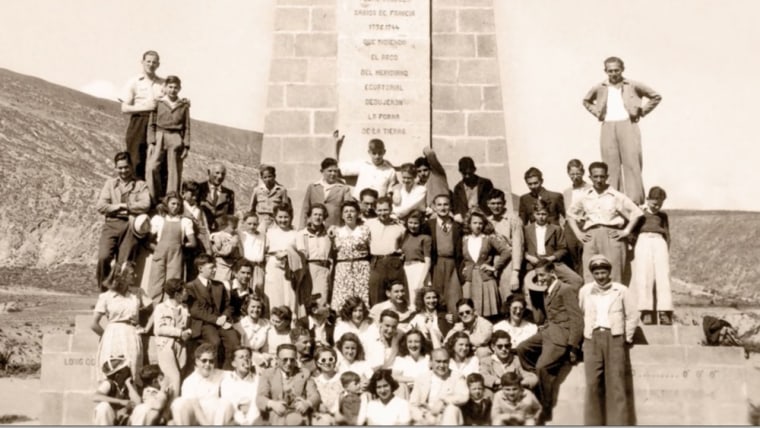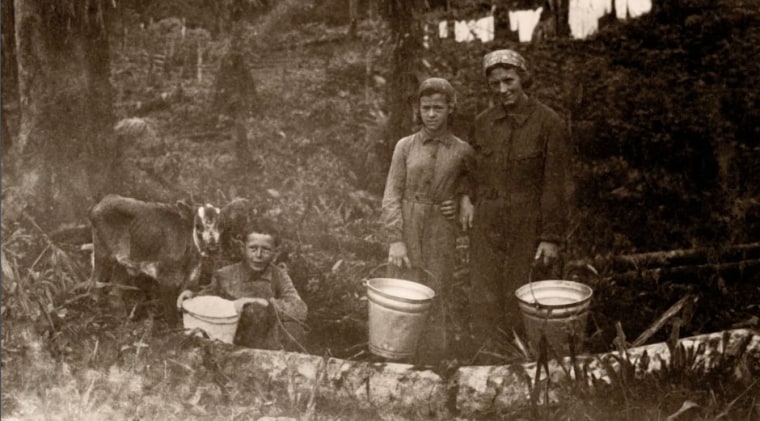NEW YORK, NY -- Eva Zelig is an Emmy-award winning producer who loves shedding light on various topics from health to global warming. Her work has appeared on The Learning Channel and PBS, among other networks. However, one day, while perusing the internet, she came across a website which hit close to home -- Jews of Ecuador.
In the 1940’s, approximately 4,000 Jews lived in Ecuador, because they fled Nazi persecution and death camps in Europe and were granted asylum in the small South American country. Zelig’s family was one of those families. Zelig, who was born in Ecuador to Czech parents, says she had no idea this site existed.
“I was stunned,” she says. “I thought, ‘There are stories here that need to be told.’”
Shortly after, Zelig embarked on her own five-year journey to make her first independent documentary about survival and perseverance. “An Unknown Country” will be screening at the first edition of the Ecuadorian Film Festival in New York (June 17-21) on Saturday, June 20th.
“Immigration - leaving the place you were born, it’s a universal experience, it’s a displacement,” says Zelig about the theme of her film. “Many people are thrilled to leave their country because of horrible conditions, but there is still the melancholy of exile - you are in someone else’s turf.”
“You can’t find more welcoming people then Ecuadorians,” says Zelig. “I want everyone to know there was this little country that saved almost 4,000 lives.”
Zelig, who came to New York from Ecuador to attend college and now lives in Brooklyn, explains that it wasn’t easy for European refugees in a new, and unknown, land.
“My father started to do farming but gave up pretty soon, because it was pretty difficult,” remembers Zelig. “Then we went to Ambato to try and make laundry soap, then dry goods, then started making shirts, then they moved to Cuenca where they bought a restaurant. When things didn’t work out, we moved to Salinas to run a hotel. That didn’t work out. We moved to Guayaquil to run a restaurant. It burned down.”
However, the film explains some families had better luck in their new country, and many prosperous companies were started that still exist today.

Overall, Zelig says her film is a statement of gratitude to Ecuador, and she wants viewers to walk away with that.
“I want them to learn about the story of survival and perseverance,” she says. “You can make a life regardless of the things that happen to you. You can make a living even if you are not in your country of origin. You can forget the horrible things that happen to you and be happy. I also want them to know about the country that welcomed them.”
“You can’t find more welcoming people then Ecuadorians,” says Zelig. “I want everyone to know there was this little country that saved almost 4,000 lives.”
